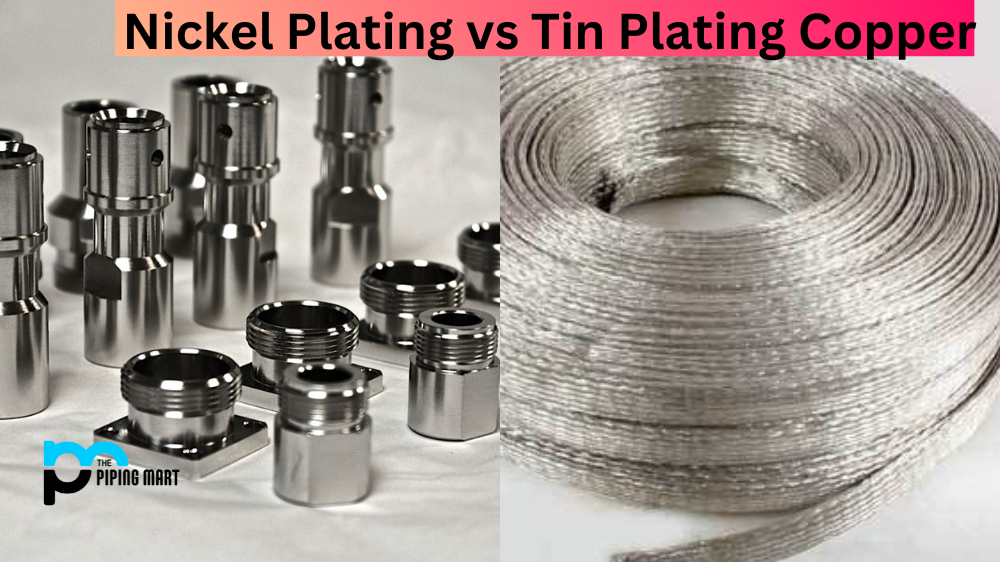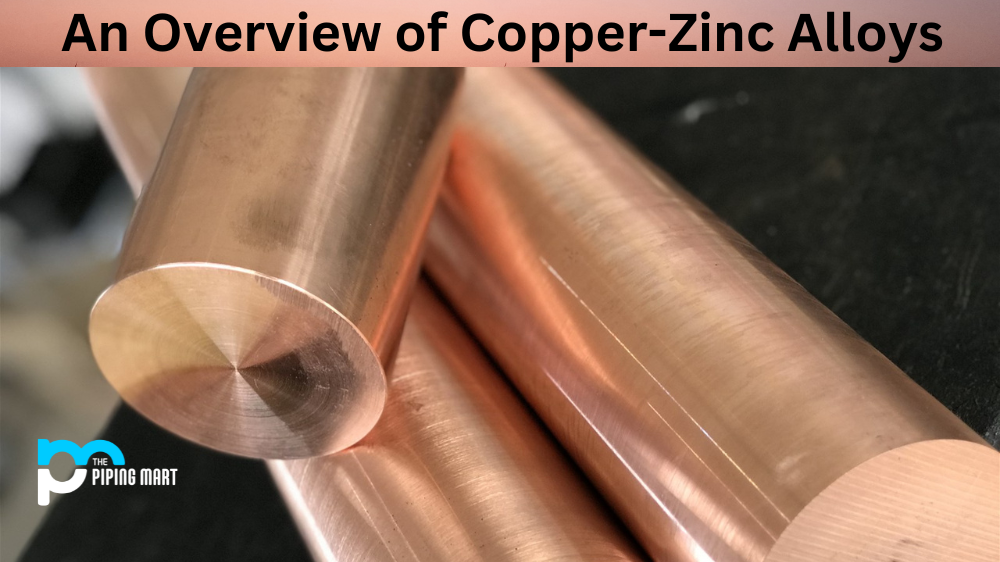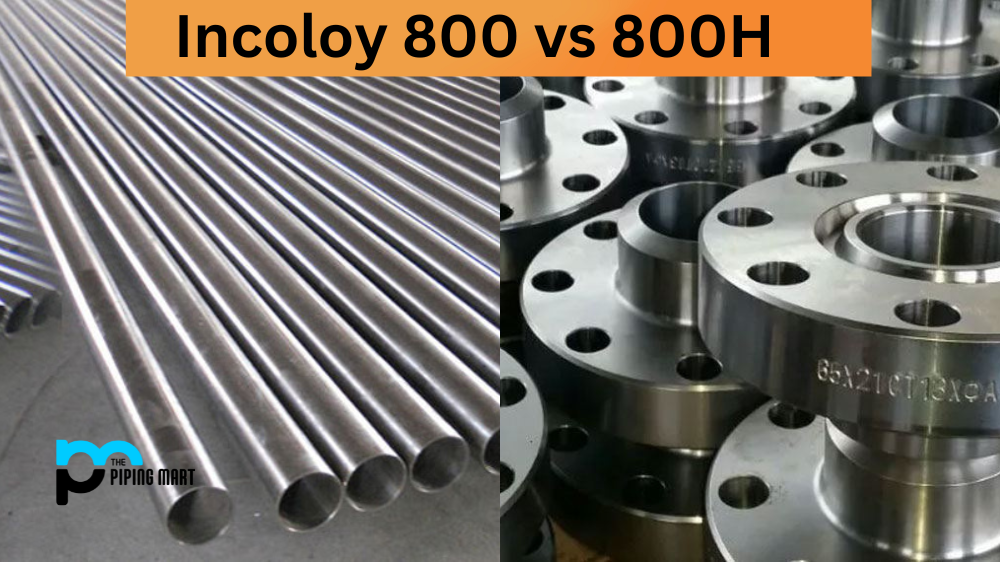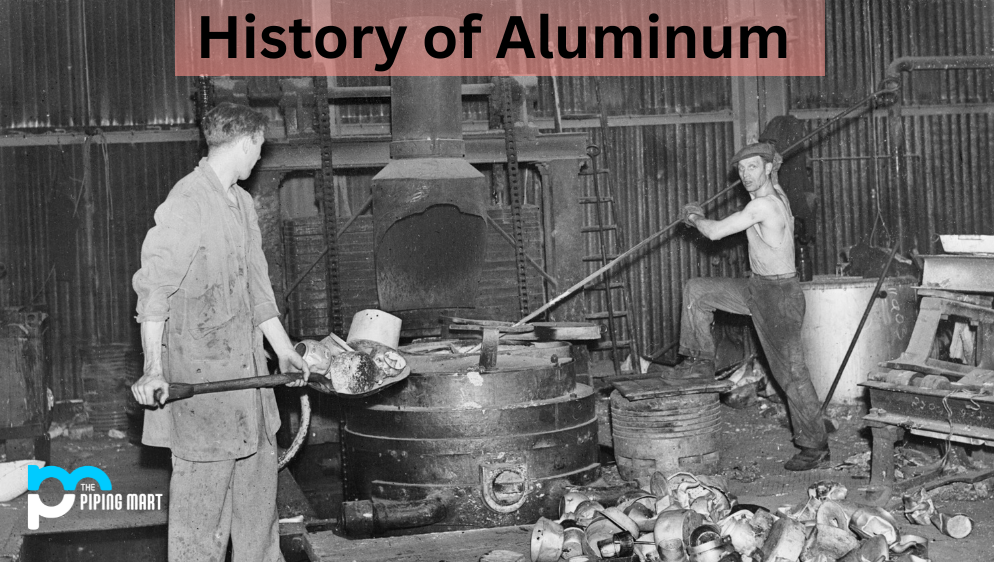If you’re looking to coat copper with a layer of metal, you may be considering tin or nickel plating. Both metals have unique properties that may make them better suited for different uses. In this blog, we’ll explain the differences between tin plating and nickel plating copper so you can decide which one is best for your project.
Nickel Plating Copper
Nickel plating copper is a popular option because it helps protect the metal from corrosion and wear. It also provides an attractive shine that can make the metal more appealing to look at. Additionally, nickel-plated copper is often used in electrical applications because it has good conductivity and heat resistance. However, it does require regular maintenance to keep it looking its best and prevent corrosion over time.
Tin Plating Copper
Tin-plated copper has a bright silver finish that gives the metal a sleek look. It’s also relatively soft compared to other types of metal coatings, making it easier to work with when machining or forming parts out of it. On top of that, tin-plated copper is also very resistant to corrosion and wear, making it ideal for use in harsh environments or areas where moisture is present. The downside to tin-plated copper is that it doesn’t have as much conductivity as nickel-plated copper, so it may not be suitable for certain electrical applications.
Nickel Plating vs Tin Plating Copper
- Nickel plating is more expensive than tin plating.
- Nickel plating is more durable than tin plating.
- Nickel plating is more resistant to corrosion than tin plating.
- Nickel plating is more resistant to high temperatures than tin plating.
- Nickel plating is more resistant to wear and tear than tin plating.
- Nickel plating provides better electrical conductivity than tin plating.
- Nickel plating has a higher melting point than tin plating.
- Nickel plating has a smoother finish than tin plating.
- Tin plating is easier to solder than nickel plating.
- Tin plATING IS less likely to cause allergies than nickel plating
Conclusion:
When choosing between nickel plating and tin plating copper, there are several factors to consider, such as cost, appearance, durability, and conductivity. Nickel-plated copper offers good protection against corrosion and wear while providing excellent conductivity for electrical applications. Tin-plated copper has a sleek silver finish but lacks the same level of conductivity as nickel-plated versions. Ultimately, which option you choose will depend on what type of application you need the coated material for. With this information in mind, you should be able to decide which type of coating is right for your project!

A passionate metal industry expert and blogger. With over 5 years of experience in the field, Palak brings a wealth of knowledge and insight to her writing. Whether discussing the latest trends in the metal industry or sharing tips, she is dedicated to helping others succeed in the metal industry.




